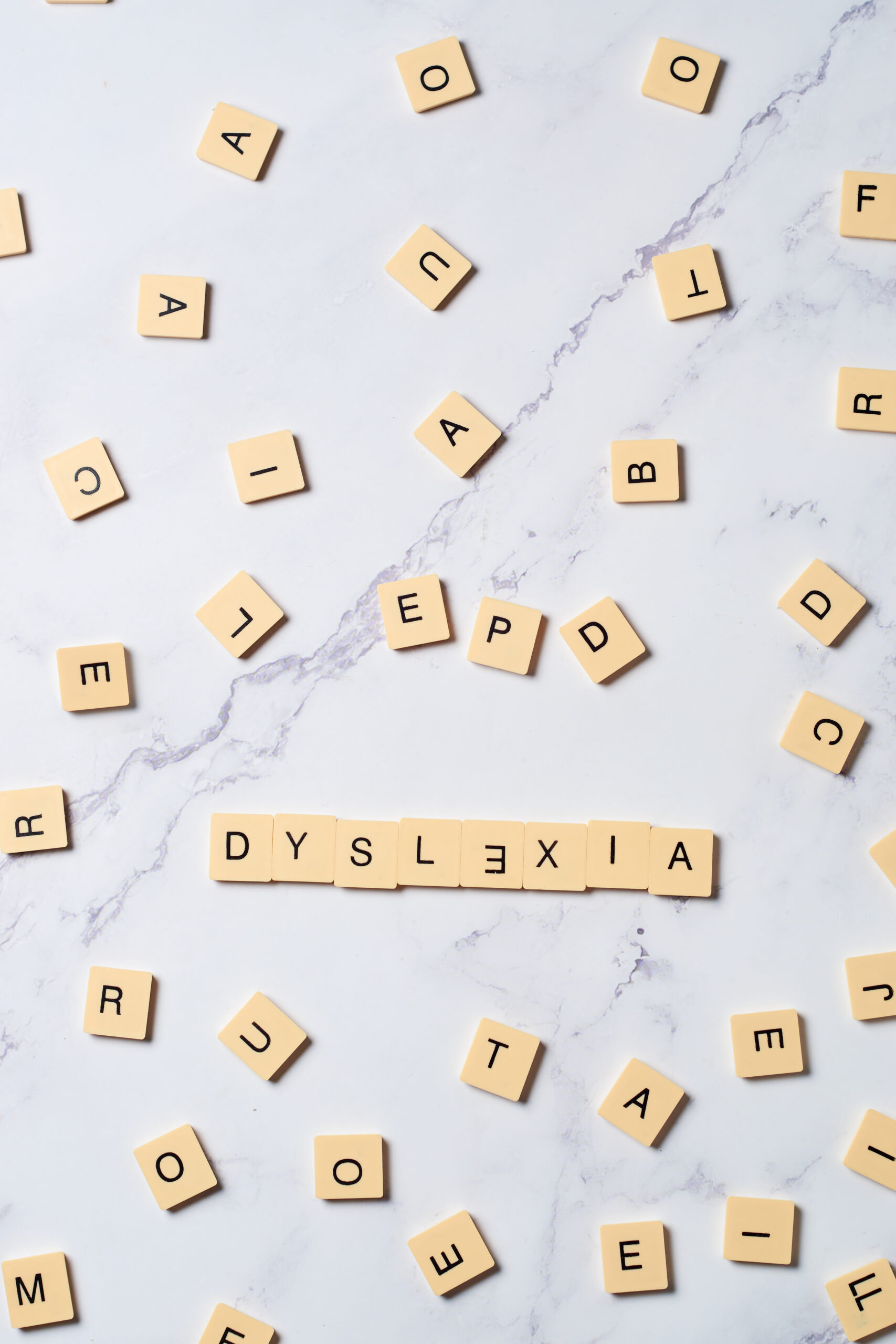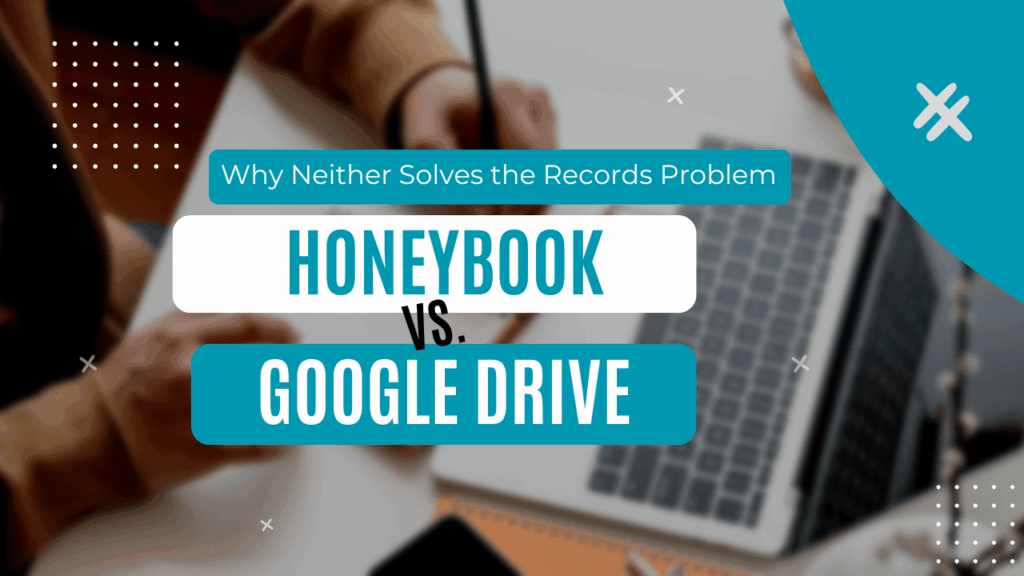Have you ever heard someone say, “The school says they don’t diagnose dyslexia!”? This is a common misunderstanding. This blog post demystifies how schools recognize learning disabilities, their legal obligations, and how this relates to medical diagnoses. We’ll explore why schools say they can’t diagnose dyslexia, how they still meet their obligations under the Child Find mandate, and whether a medical diagnosis is necessary for an Individualized Education Program (IEP).
(Prefer to watch instead of read? Check out our video: “Can Schools Diagnose Dyslexia“)
Can Schools Diagnose Dyslexia? Understanding What They Can and Can’t Do
The Role of Schools in Identifying Learning Disabilities
Schools play a critical role in identifying students who struggle with learning. Their primary focus is to evaluate whether a student’s learning difficulties affect their educational performance. These evaluations typically assess reading, language skills, memory, and spelling abilities to determine if a learning disability is present.
How Schools Conduct Dyslexia Evaluations
Educational evaluations aim to identify learning disabilities, but having dyslexia does not automatically qualify a student for an IEP. Schools determine eligibility for special education based on how the learning difficulty impacts academic progress and access to general education.
Key points about school evaluations:
- Schools and private evaluators (like neuropsychologists) often use the same standardized tests (e.g., GORT-5, CTOPP-2) to assess dyslexia.
- Schools evaluate the educational impact of a learning disability to determine special education eligibility.
- Some educators mistakenly tell parents, “Schools can’t diagnose dyslexia.” What they should say is: “We can evaluate your child for a reading disability and determine if they need an IEP.” This distinction is crucial.
Unfortunately some educators will imply to parents that they cannot have their child tested for learning disabilities at school by making comments like “oh the school can’t diagnose dyslexia”. The omission of “but we can evaluate your child for a disability in reading and consider whether they need an IEP” makes all the difference in how parents interpret these statements.
Why Schools Avoid the Term “Dyslexia” in Evaluations
While school evaluations often identify reading difficulties consistent with dyslexia, they typically use terms like “specific learning disability in reading.” There’s a debate about whether schools should explicitly use the term dyslexia in IEPs, but this terminology aligns with diagnostic guides used by medical professionals as well. It’s not just a made up term used by schools as some parents think, but using the term dyslexia is more precise.
However, schools cannot refuse to evaluate a child just because a parent uses the word “dyslexia.” The Massachusetts Dyslexia Guidelines address this directly:
“Both Federal and State guidance endorse the use of the term dyslexia during evaluation, eligibility determinations, and IEP documents, when students meet the criteria as outlined in the most widely accepted definition of dyslexia. By specifying the nature of the students’ specific learning disability, the team can formulate goals, make instructional decisions and identify appropriate accommodations and modifications in a more strategic manner.” – from the Massachusetts Dyslexia Guidelines
Child Find and Dyslexia: Are Schools Legally Required to Test?
The Legal Obligation of Schools
Under the Individuals with Disabilities Education Act (IDEA), schools are legally required to identify and evaluate students suspected of having disabilities through a mandate known as “Child Find.” This process does not extend to providing medical diagnoses but is intended to identify and evaluate children who may need special education services.
What does Child Find require?
- Schools identify, locate, and evaluate children suspected of having disabilities
- This applies to all children, including those advancing from grade to grade, those in private schools, and even homeless students.
- Schools cannot deny an evaluation if dyslexia is suspected.
Evaluation and Eligibility for Special Education
School evaluations help determine if dyslexia impacts a student’s education. If parents seek a medical diagnosis, schools may recommend private evaluations. However, a medical diagnosis is not required for an IEP.
State and District Variations
The approach to identifying and supporting students with dyslexia can vary by state and school district. Some, like Massachusetts, have adopted specific guidelines for dyslexia, including screening and intervention practices. To grasp how dyslexia is managed in your area, it’s essential to consult the policies of your state’s department of education or local school district.
Why Do Schools Test My Child If I Already Have a Private Dyslexia Diagnosis?
When parents present an evaluation report from a neuropsychologist regarding their child’s learning needs, it’s understandable to question why a school might proceed with its own testing for special education services. However, there are several reasons schools conduct their evaluations, even when external reports are provided.
Understanding IEP Eligibility
An IEP is based on how a disability impacts a student’s education, not just whether they have a diagnosis. Schools conduct their own evaluations to determine eligibility, even when parents provide private evaluation reports.
School vs. Private Evaluations: What’s the Difference?
- Private evaluations (e.g., from neuropsychologists) focus on medical and cognitive factors.
- School evaluations focus on educational performance and eligibility for services.
- IDEA requires schools to consider private evaluations, but they don’t have to adopt the findings.
- Even if a child has a private dyslexia diagnosis, the school must still determine if special education services are needed.
If your school says “We don’t diagnose dyslexia,” that does not mean you need private testing for your child to receive help. Instead, write a letter requesting a comprehensive school evaluation in all areas of suspected disabilities.
Focusing on Educational Impact
The central criterion for an IEP is the educational impact of a child’s disability and the resulting need for specialized instruction. This prioritizes the child’s educational requirements over a medical diagnosis, emphasizing support based on educational challenges rather than medical conditions. See how one school summarizes their evaluation data in this real IEP example.
Don’t Be Fooled.
- Schools do not provide medical diagnoses but must evaluate students for learning disabilities, including dyslexia.
- The Child Find mandate requires schools to test children suspected of having disabilities.
- An IEP does not require a medical dyslexia diagnosis, but schools conduct their own evaluations to determine eligibility.
- Parents should document all communication with schools regarding evaluations and special education services.
- Even with private testing, schools must conduct their own evaluations to determine eligibility for services.
If your child is struggling with reading and you suspect dyslexia, request a formal evaluation in writing. Keeping a paper trail of all communications will help ensure your child receives the support they need. IEPs are a legal process and you have rights!



